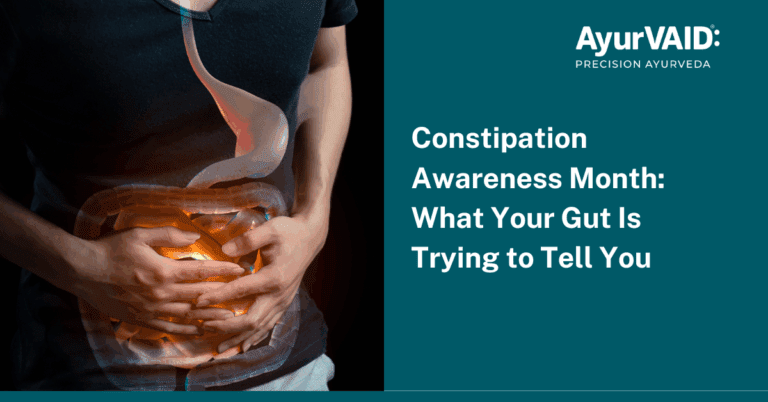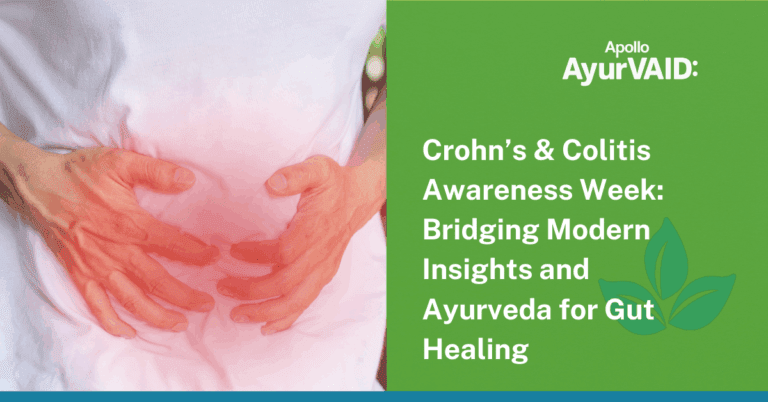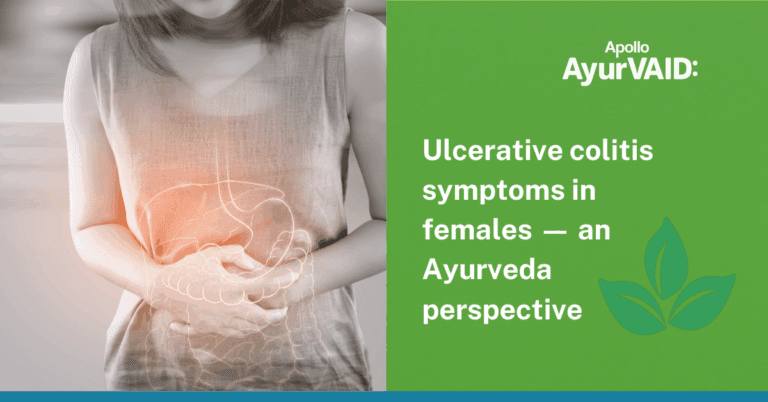Psoriasis is more than a skin disease—it’s a frequently misunderstood, lifelong process that may impact not only the appearance of your skin but the way you feel on the inside. For its sufferers, psoriasis can translate to living with unpredictable flare-ups, pain, and the emotional burden of visible disease. It’s a condition that demands daily tolerance and self-care.
If you or someone you love is living with psoriasis, you’re not alone. There are millions of others across the globe who walk this road, each with a unique narrative. Although there isn’t yet a cure that lasts, hope exists through Ayurveda, numerous home remedies for psoriasis, and comprehensive approaches such as food and lifestyle modification. All these measures offer symptomatic relief and instill confidence and comfort in the victims.
This blog will discuss effective methods, such as certain scalp psoriasis home remedies, and provide insight into the Ayurveda perspective on how to cure psoriasis permanently with home remedies.

Psoriasis Through an Ayurveda Lens
Psoriasis is a condition with symptoms such as fast growth of skin cells, scaling, itching, and inflammation. It can manifest in many ways: there is plaque psoriasis, guttate psoriasis, inverse psoriasis, pustular psoriasis, and scalp psoriasis. The most common manifestations include red patches, silvery scales, skin itching, skin dryness, skin cracking, and sometimes pain (in the joints) recognised as psoriatic arthritis. Scalp psoriasis, on the other hand, may lead to flaking, redness, and itching.
Psoriasis in Ayurveda is also known as “Ekakushta” or “Kitibha Kushtha“. Its aetiology is mostly because of the body’s imbalance of Vata and Kapha doshas, along with or without Pitta involvement, leading to inflammation and toxin accumulation. It is usually precipitated by lifestyle factors like incompatible food combinations (virudhanna), excessive intakes of sour or salty foods, mental stress, and an unwholesome lifestyle. Pathogenesis includes vitiation of doshas in the bodily system and deranged tissues like Rasa (serum) and Rakta (blood). There is impaired Agni (digestive fire) along with the development of Ama (toxin accumulation). Toxins clog body channels (called srotas) and lead to internal chronic inflammations and consequent external skin manifestations. Ayurveda, therefore, aims at rectifying these primary causes, further aided by detoxification processes, immune enhancement, and anti-inflammatory properties, through a holistic, multipronged treatment approach.
Home Remedies and Ayurveda Management Strategies
Ayurveda principles can aid in managing psoriasis symptoms. Some main home remedies for psoriasis and helpful tips include:
Dietary Modifications: The diet plays a major role in the inflammatory course of psoriasis.
Foods to Consume: Consume anti-inflammatory foods such as turmeric, ginger, leafy greens, whole grains, legumes, fruits, vegetables, and lean proteins like fish or tofu. Warm meals such as soups and stews are suitable and pacify Vata and Kapha, especially during cold weather.
Foods to Limit/Avoid: Strictly limit or avoid inflammatory triggers: red meat, dairy (high-fat), sour/salty foods, hot potency items, curd, milk, jaggery, and marshy animal meats.
Cut down on highly processed foods, refined carbs, saturated or trans fats, and sugars. Consider trying a lower-gluten diet. Moderate alcohol consumption is useful too.
Stress Management: Stress can lead to psoriasis flare-ups, so let’s be more mindful of changing our daily routines to incorporate yoga, meditation, or even deep breathing exercises to enhance quality of life and overall well-being.
Herbal Remedies and External Applications: Certain Ayurveda herbs have anti-psoriatic effects and may be used as home remedies for psoriasis:
Topical: Herbal moisturisers like aloe vera and coconut oil can be applied from the outside over psoriatic lesions. Medicated oils (taila) and pastes (lepa) containing neem, turmeric etc work wonders in alleviating inflammation while nourishing the skin.
Internal: Active herbs used are aimed at balancing doshas and detoxifying the body. A professional Ayurveda practitioner is critical for internal medications.
For scalp psoriasis, home remedies – regular applications of medicated oils or shampoos tailored to the condition, gentle scale removal, and nasal instillation (nasya) – can be beneficial.
Lifestyle Modifications
Hydration: Staying adequately hydrated by drinking water is essential to prevent dryness.
Skin Care: Avoid hot showers. Prefer lukewarm water, which could even include neem-infused water. Frequent moisturising after bathing helps retain moisture in the skin surface, especially in dry climates, as using humidifiers protects against dryness, while keeping the affected areas covered helps too.
Sunlight: Moderation in sun exposure is good.
General Health: Refrain from smoking and excessive drinking, practise hygiene, get enough sleep, and engage in regular exercise.
Can Ayurveda Offer a Permanent Cure for Psoriasis?
Home remedies for psoriasis, in combination with Ayurveda, prevent progression and flare-ups by targeting the cause, patient’s overall health status, and any other diseases he/she may have. Though a permanent cure is not possible, Ayurveda aims to remove inflammation, scaling, and itching, increase immune functions, enhance metabolism, as well as cleanse toxins. It is documented that symptoms are relieved, and flare-ups are reduced with Ayurveda treatment, which includes Panchakarma and herbal formulations.
For severe or unstable cases, or pregnant women, Ayurveda may focus on symptom management, and certain Panchakarma procedures might be contraindicated. Hence, it is advisable that one should consult an Ayurveda doctor, duly qualified, who will give treatment accordingly. The therapies will be personalised and at a whole-person level.
Conclusion
This comprehensive Ayurveda method, integrating dietary counsel, lifestyle techniques, and specific herbal support, presents a hopeful direction for healing psoriasis and promoting overall health. Always seek the advice of a trained Ayurveda professional to individualise these practices for the best possible outcomes.







